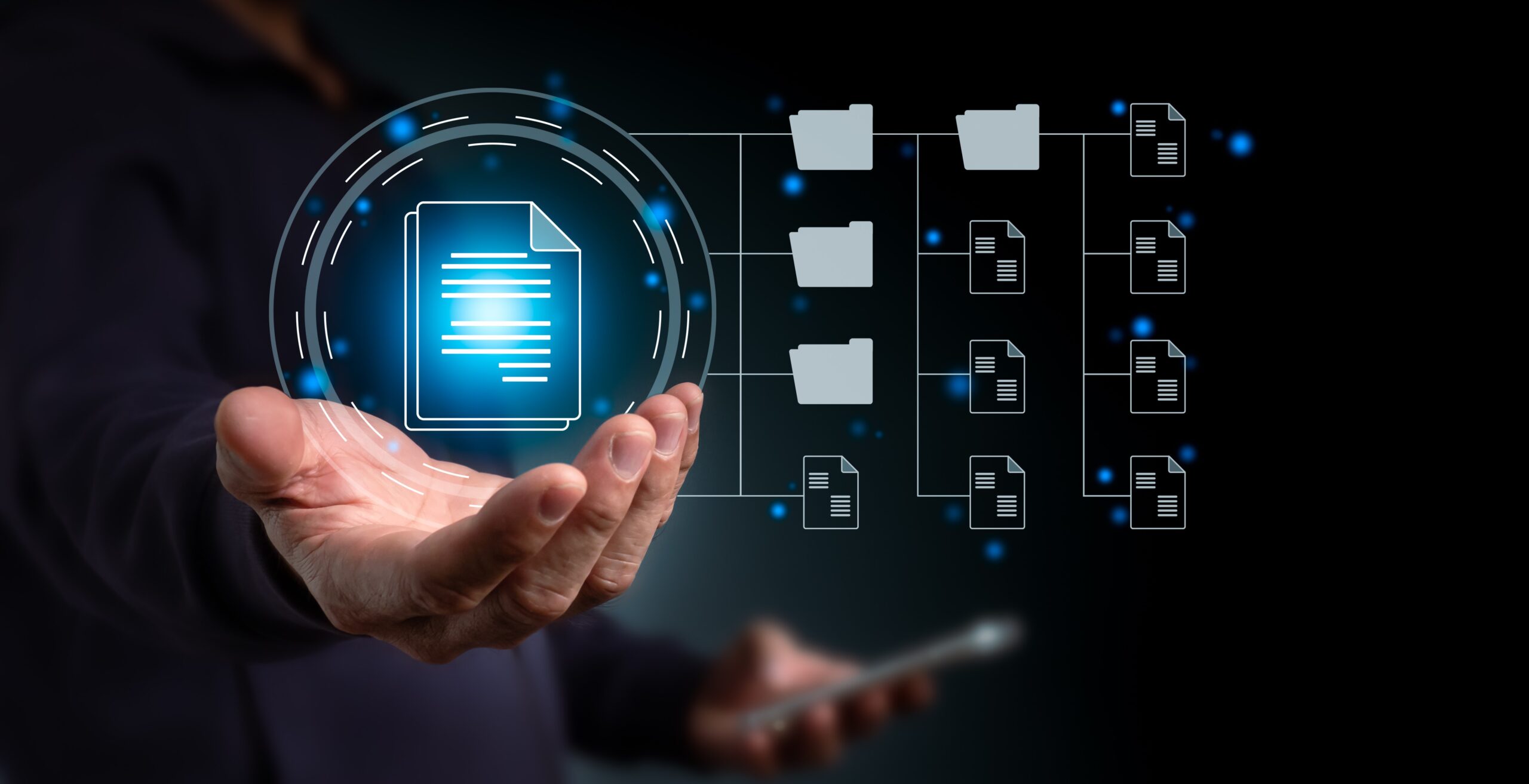LIDW24 – Quinn Emanuel A Judicious look at AI
Our panel explored the transformative potential of AI and its implications for the legal profession.
Date : 04/07/24


Quinn Emanuel & TrialView: A Judicious Look at AI
Speakers: Sir Geoffrey Vos, John B. Quinn, Mrs Justice Joanna Smith, Elizabeth Wilson, Stephen Dowling
The legal profession stands on the cusp of a technological revolution, driven by the rise of artificial intelligence (AI) – This was the central theme of a recent panel discussion featuring prominent figures from both the judiciary and legal practice. The event explored the transformative potential of AI, its implications for the legal profession, and the balance between technological adoption and ethical considerations.
It’s all about Trust
The Master of the Rolls, Sir Geoffrey Vos, opened the discussion by addressing the critical question of confidence in AI, commenting that the adoption of AI in minor disputes, involving small sums, demonstrates a growing comfort with automated systems. However, he stressed that public trust must be maintained, especially in more serious matters, such as criminal sentencing and family matters, where human judgment remains crucial. Sir Geoffrey Vos pointed out that while AI can provide brilliant summaries and assist in disclosure, the legal system must ensure that justice is perceived to be delivered fairly and proportionately.
Rising expectations
Elizabeth Wilson emphasised the rising expectations from sophisticated clients who are increasingly aware of AI’s capabilities, noting that clients might question law firms who do not engage AI tools, which can efficiently produce high-quality legal summaries and insights. This expectation is further influenced by the judiciary’s use of AI, potentially setting a new standard for legal practice. Wilson argued that law firms must balance the adoption of AI tools with maintaining client trust and ensuring high quality legal services.
Training and Transition
The panel discussed how AI is reshaping legal education and the skills required for future lawyers. Highlighting the fact that young lawyers will be trained in a world where AI is integral, it was agreed that the nature of their roles, and the competencies they need to develop, will shift. This transition underscores the importance of preparing new lawyers to work effectively alongside AI, leveraging its capabilities while understanding its limitations.




Balancing Ethics and Efficiency
The discussion moved to the ethical implications of AI in legal practice. Whilst AI can save on both time and costs, the profession must also consider moral and ethical implications. Moreover, transparency is key; for example, if the public perceives decision-making as delegated to machines, it could fundamentally undermine trust in the judiciary.
AI and Empathy
Mrs Justice Joanna Smith highlighted the inability of AI to express empathy, a critical component of judicial and legal decision-making. While AI can assist with factual analysis, it was opined that human judges are essential for understanding the nuanced, emotional aspects of cases. This distinction could be deemed vital to ensure fair and compassionate outcomes.
Liability Shifting
The discussion shifted towards individual accountability, and the ongoing responsibility of lawyers to exercise caution with AI tools. Concerns about potential errors from AI-generated content inexorably led to a question on the liability of tech companies providing these tools; for example, if an AI tool generates an erroneous fact or summary, which is relied on during proceedings, does any liability rest with the tech company?




AI: Disputes in Decline?
Sir Geoffrey Vos concluded by addressing the future challenges and opportunities in AI adoption. He questioned whether factual disputes may decline in numbers, given that we have so much recorded data at our fingertips. John B. Quinn highlighted the ongoing need for human judgement, in light of the very subjective nature of evidence, and arguably there will always be different versions of an argument which fit within the boundaries of the data produced.
Final Thoughts
We are really only at the beginning of a challenging relationship with a very fast evolving technology. Whilst both the judiciary and practitioners are keen to regulate and curtail AI tools, there is a growing acceptance of the efficiencies to be gained, and a recognition that inertia may be the biggest obstacle if we are truly to progress and embrace new ways of navigating disputes.
Related Blogs


BBPC – The use of AI in commercial dispute resolution
TrialView were delighted to sponsor the BBPC Forum. The Master of the Rolls, Sir Geoffrey Vos, and an expert panel discussed how AI is being used in dispute resolution today and how this may look in the future.
- Written By : Eimear Mccann
- Date : 02/08/24


Timeline Creation: TrialView Perspective
With our AI functionality, we balance innovation with practical tools to help make your case preparation easier. One of our newest evolutions is Timeline Creation functionality.
- Written By : Eimear Mccann
- Date : 19/07/24
Take The Next Step.
If you’re wondering about how we can help you focus more on outcomes, and worry less about hearing prep, book a tailored demo or give us a call.


Get In Contact
Want to find out more? Get in touch to find out why TrialView is the platform of choice for dispute resolution.

